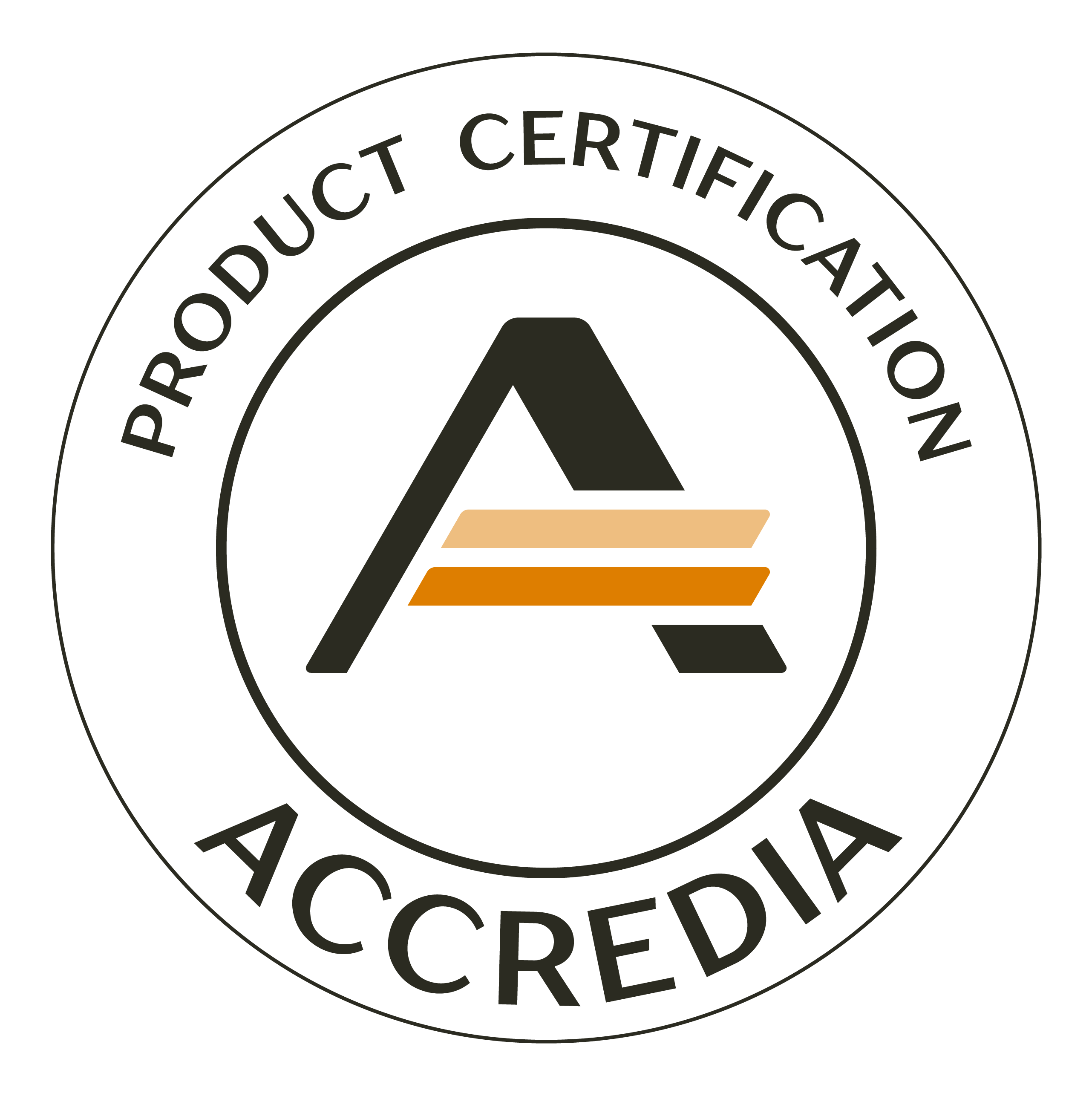LEAF Marque stands as an environmental assurance system that recognizes products from farms committed to more sustainable agricultural practices. Rooted in LEAF’s nine Integrated Farm Management (IFM) principles, the LEAF Marque Standard outlines the criteria for achieving LEAF Marque certification.
When consumers encounter produce or products adorned with the LEAF Marque logo, they can trust that these items originate from farms practicing sustainable agriculture in accordance with our Standard. Businesses opting for a LEAF Marque audit can earn BASIS points, demonstrating their commitment to environmental responsibility. For further details, please refer to the LEAF Marque website.
LEAF Marque certified businesses can leverage the guidance provided in the LEAF Sustainable Farming Review to bolster their implementation of IFM and prepare for LEAF Marque certification. All entities engaged with the LEAF Marque System are obligated to comply with regional and national laws and regulations, conducting business lawfully and with integrity, in alignment with relevant international treaties.
The Intended Outcomes of LEAF Marque align with LEAF’s broader work beyond certification. LEAF aims to inspire and enable circular farming approaches, integrating regenerative and nature-based solutions to enhance productivity, prosperity for farmers, environmental enrichment, and positive engagement with young people and society at large. Within the framework of IFM, the LEAF Marque system strives to drive positive action for climate, nature, economy, and society globally:
- Foster farmer resilience and environmentally and economically resilient farming businesses.
- Cultivate synergies with people, farming systems, and wider society to share knowledge across the food system.
- Minimize the environmental impact on livestock and mitigate negative impacts of livestock systems on the environment.
- Develop diverse, improved, and connected habitats to safeguard and enhance biodiversity.
- Efficiently manage water to enhance water quality, reduce pollution, and improve climate resilience.
- Implement soil conservation and restoration practices to promote soil quality, health, and nutrition.
- Employ effective Integrated Pest Management (IPM) solutions for healthy crops with minimal interventions.
- Embrace sustainable sourcing, monitoring, and responsible waste reduction practices.
- Enhance energy use and efficiency through renewable energy sourcing and strategies to reduce greenhouse gas emissions.
- Implement regenerative practices to mitigate negative farming impacts, sequester carbon, and improve soil and ecosystem health.
Discover more information here.
| Audit Information & Expectations | Application Form |
|---|---|
| F-2134 | F-2716, F-2716 (spanish) |

